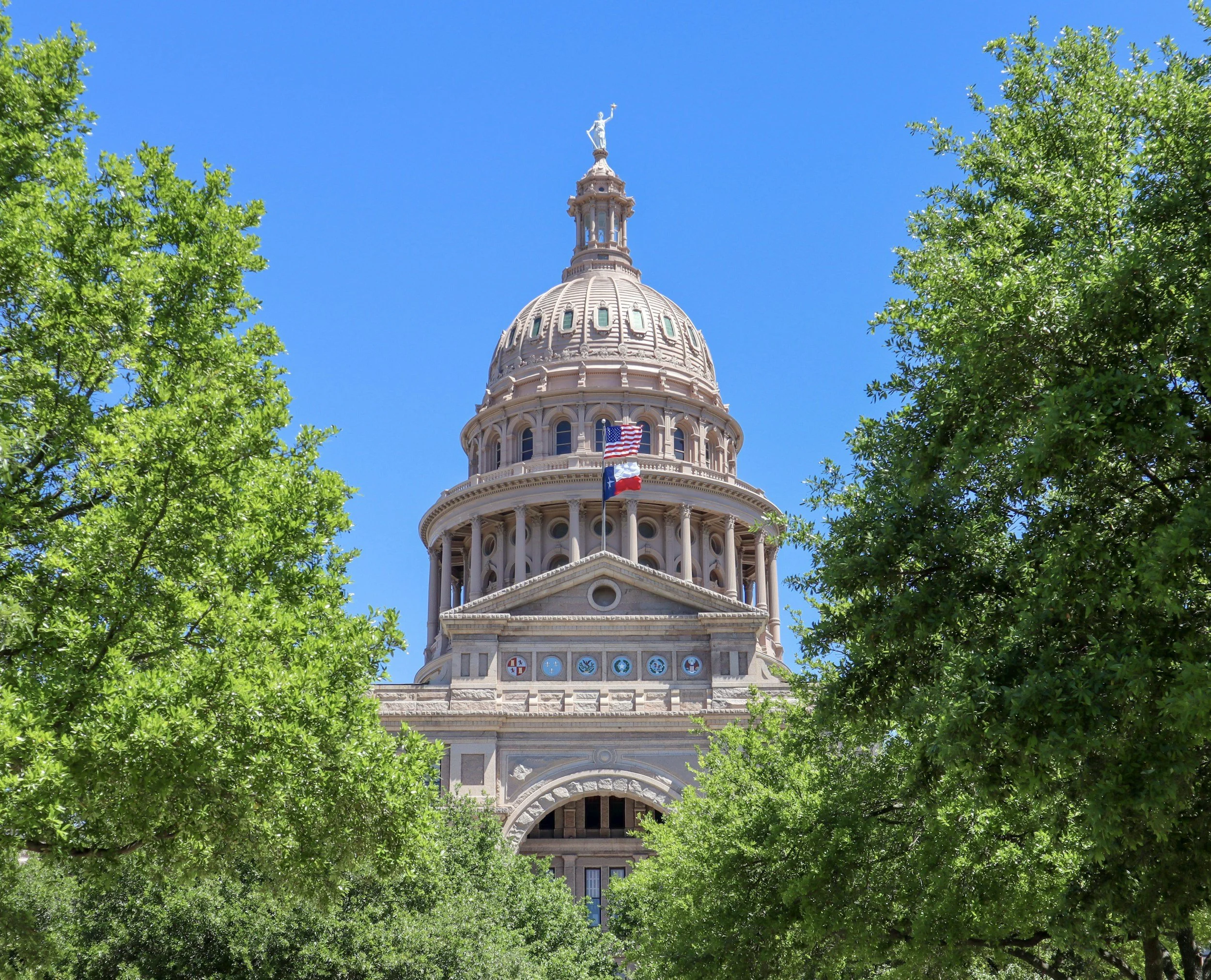Part 1: How Summer Willis Changed Texas Sexual Assault Law Forever
From the DARCC Education Department, Maggie Bego, Director of Education
At the Dallas Area Rape Crisis Center, I often ask people to consider what it means when a survivor bravely seeks justice only to find that the system isn’t built to support them. Summer Willis’s story is a heartbreaking and inspiring example of that reality. A 19-year-old college student at the University of Texas, Summer was navigating early adulthood with hope for the future when her life was changed by sexual violence. Her story is difficult, but it’s also essential because she didn’t let a broken system define her. Instead, she used her pain to spark change that will protect future survivors across Texas.
When the Law Failed to Protect
In 2014, Summer was drugged at a fraternity party and sexually assaulted. She did what many are told to do; she reported the crime. But Texas law at the time made it nearly impossible to prosecute. Survivors like Summer were caught in a legal gap. Prosecutors had to prove that a drug was intentionally given or that the survivor was completely incapacitated. That narrow definition left countless victims without a path to justice.
As someone who leads educational efforts at DARCC, I highlight these systemic gaps often. Without clear definitions of consent, survivors face additional harm—not just from their assault, but from the institutions meant to protect them. The Houston Chronicle recently emphasized this ongoing failure. Despite progress in some areas, Texas still lacks a consistent, survivor-centered legal definition of consent.
Turning Pain Into Purpose
But Summer didn’t stop. She ran. Literally.
She began running marathons, setting a goal of 29 before turning 30, as both a personal healing journey and a public call for justice. Through every mile, she raised awareness for sexual assault survivors and transformed her trauma into advocacy. She went on to found Strength Through Strides, a nonprofit that combines fitness, empowerment, and community to support survivors. I deeply admire her commitment to healing and awareness through action.
Crawling Before Running: A Survivor’s Symbolism
One of the most powerful moments of Summer’s journey came during the Austin Half Marathon in 2025, where she crawled part of the course to symbolize the daily pain survivors carry, both visible and invisible. Halfway through, she stood up and ran. That image stays with me. It’s a metaphor I often share in educational spaces; even when someone is at their lowest, there is strength in getting back up. Summer’s crawl was a visual reminder that healing is not linear, but it is courageous. For those who want to learn more, The Daily Texan covered this powerful moment in a way that captures the heart of what it meant.
More Than One Survivor’s Story
Summer’s story led to legislative change. Her efforts helped pass the Summer Willis Act (HB 3073), which redefined how Texas understands consent and expanded legal protections for survivors. As an advocate and educator, I believe laws like this are essential to changing a culture that has failed survivors for far too long.
The Summer Willis Act matters. It’s a step forward, not just in policy, but in recognizing the lived experiences of survivors and validating their pursuit of justice.
What’s Next?
In Part 2, I’ll break down exactly what the Summer Willis Act changes, how it strengthens survivor protections, and why this matters for every community across Texas.
Summer Willis’s courage and leadership are powerful reminders of why education, advocacy, and survivor support must go hand in hand. I remain committed to continuing this conversation and pushing for systems that truly serve survivors.


